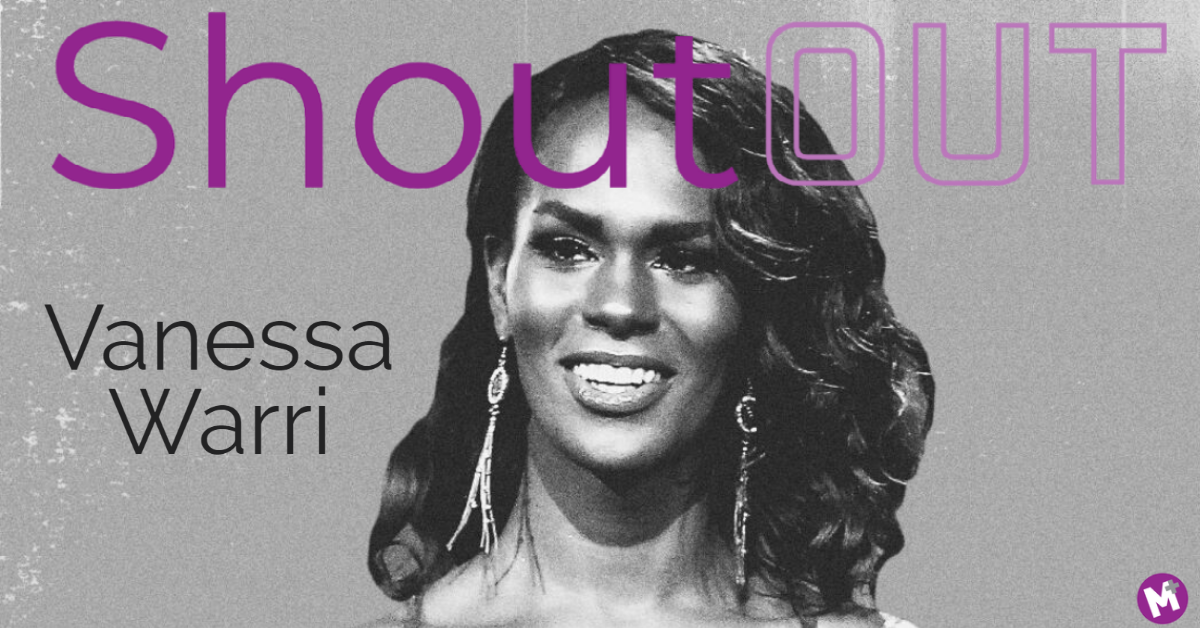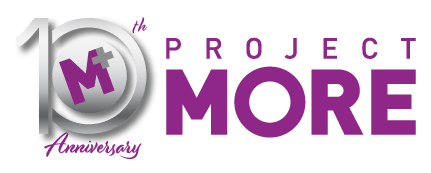
Vanessa Warri: Breaking Barriers in Academia
Exclusive ShoutOUT featured article for March 2021 for Club MORE members
Not every young person goes into higher education, and even fewer attend if they grow up in foster care. In the United States, roughly 33 percent of young people earn a bachelor’s degree, but if a person is in foster care, that percentage decreases to between 3 and 11 percent. Vanessa Warri, a Black transgender woman, is among the 3 to 11 percent. Once a teenage transgender runaway in the California foster care, Warri defied the odds.
[emaillocker id=4438]
Warri began her higher educational career as a non-traditional student, which means she was not between the ages of 17 and 21 when she started her undergraduate studies. After receiving her GED, she began her higher educational career at the City College of San Francisco in 2014. In 2016, she received her Associate’s Degree in Anthropology and Sociology, and decided to leave where she’d grown up to complete her Bachelor’s Degree and chose at UCLA. At age 30, the San Francisco native graduated from UCLA with a degree in Sociology and Anthropology. After graduation she decided to remain at UCLA to continue her education as an MSW/PhD candidate in social welfare.
In the state of California, Black people make up 5 percent of the LGBTQ+ population, and of the 5 percent, only 8 percent continue on to postsecondary education.
Although there are many schools that offer sociology and anthropology, Warri noted that she chose UCLA because she wanted to prove what was possible for a Black, transgender woman who spent her late teenage years in foster care. Though an anomaly, she sets the example for others to follow her path.
One major flaw Vanessa Warri points out in academia is that the practice of gatekeeping, regardless of its intentionality, places limitations on knowledge and success. UCLA has over 30,000 undergraduate students, but among the large student population, the Black transgender population is poorly represented. In the state of California, only 5.3 percent of the population identifies as LGBTQ+. At UCLA 4 percent of first year students and 3 percent of transfers are African American or Black.
Feeling underrepresented by the student population can make a situation feel like the narrative is written for someone else. Warri, who was the only Black transgender woman in her UCLA program, says that her goal is to make sure she is putting herself into conversations so in the future, others will as well.
Having paved her own path, Warri was able to have opportunities many people in higher education would only dream of. For three years, she worked as a research analyst with the UCSF Division of Preventative Science. There, she gathered and supported participants for studies pertaining to incarceration, HIV, and mental health. In addition to research, she was a two-time recipient of the Point Foundation Scholarship, one of the most competitive LGBTQ+ scholarships in the nation. The list of accomplishments could go on.
Vanessa Warri is an example for all people, but especially for those facing adversity and lack of diversity. She is constantly pushing boundaries and challenging what’s possible for the future generation of Black, transgender, foster care youth who want to achieve lofty goals.
Instagram: @mswarri
LinkedIn: https://www.linkedin.com/in/vanessawarri/
[/emaillocker]

